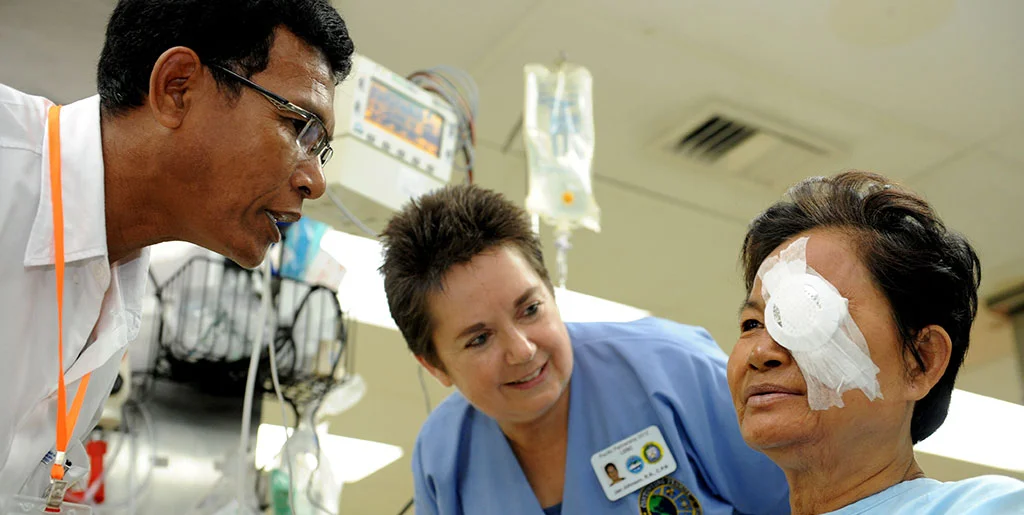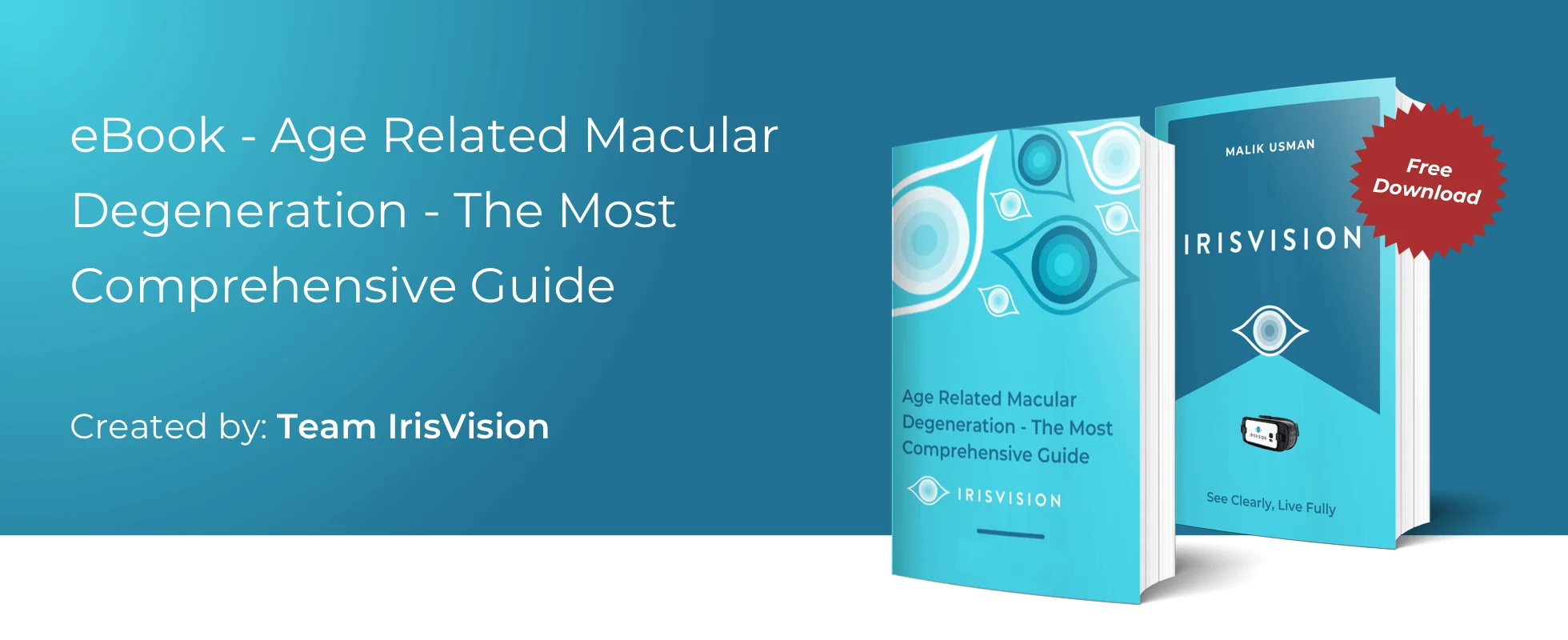
#LIVE2.0 #Review
Cataract surgery recovery becomes one of your main concerns as soon as an eye doctor suggests surgical treatment for your cataracts issue. In fact, cataract surgery is considered to be one of the most commonly performed eye surgeries nowadays, but somehow, a significant majority of people seems to be much apprehensive about it.
As a patient, you not only need to follow your doctor’s care instructions, but you also need to have a well coordinated support system to make the most of your cataract surgery recovery endeavor. Before going to specific guidelines for this, it’s quite imperative that you understand what cataract surgery is all about.
Read about 7 Tips to Prevent Cataracts Naturally
Cataract surgery involves replacing the natural lens of your eye with an artificial one after it is affected with cataracts. Cataract is an eye condition where the natural lens within the eye gets clouded or opaque (mostly due to old age), resulting in vision loss, which cannot be corrected with aids like glasses and contact lenses or even a corneal refractive surgery (LASIK).
Success rate of cataract surgery has been improved significantly over the years. In fact, nowadays you might be able to return home within hours after the surgery. Though the exact time of complete recovery from cataract surgery varies person to person, your eye will retain sensation within a few hours after the surgery, while needing anywhere between a few days to few weeks for getting back a clear vision.
Read about Types of Cataract Surgeries
When performing everyday activities becomes a problem for you due to cataract or it starts hindering in treatment of some other eye problem, your eye doctor is most likely to recommend cataract surgery. For example, if it becomes difficult for an ophthalmologist to view the back of the eye or treat any of the common eye problems such as age related macular degeneration, glaucoma, diabetic retinopathy and so forth.
An ophthalmologist is the right person to perform cataract surgery; a medical doctor specialized in diagnosing and treating the disease medically as well as surgically. With appropriate knowledge and training, an ophthalmologist is not only fit to diagnose a cataract, but qualified enough to help you in making a decision on when to go for the surgery, performing surgery when needed and administering preoperative and postoperative eye care.
An eye exam precedes cataract surgery, which involves evaluation of your eyes to optimize the outcomes of the surgery by examining features like nearsightedness, farsightedness (and/or astigmatism). Measurements of cornea are also taken, so that the surgeon can choose the intraocular lens of appropriate power for your eye, helping restore the eyesight. Part of the proceeding also involves you and your eye doctor discussing the type of intraocular lens (IOL) most suitable for you.
The cataract surgery commences with the dilation of your pupils by the eye doctor, followed by the administration of a local anesthetic to numb the region. Sometimes a mild sedative might also be needed to help you relax. Once all these prerequisites are done with, your eye doctor would proceed with the actual surgery, which involves removing the clouded lens and replacing it with a clear artificial lens. Various different methods exist for this surgical lens replacement, but majority of surgeries take place using an ultrasound probe or advanced laser technique.
You should expect blurriness in the eye after it goes through the surgery and heals itself. However, your vision continues to improve steadily with every passing day. You also need to have follow-up doctor’s appointment, two days after the surgery for the first time, a week later from it for the second time and a month later after the surgery for the third time. You better expect multiple checkups for monitoring of the eye till it recovers completely.
Mild discomfort right after the surgery is nothing to worry about. You might be prescribed with an eye patch for protection of the eye, in addition to eye-drops or any other medication deemed right to control inflammation and infection. In most cases, the operated eye resumes full activity after a few days past surgery.
Your eye doctor recommends glasses for you, if needed, once your vision has been stabilized. The type of intraocular lens implanted in your eyes also has some role to play in determining the type of glasses most feasible for returning you the optimal vision.
Though it doesn’t take more than 24 hours for most people to resume everyday activities after cataract surgery, there are a few tips that contribute in achieving optimal cataract surgery recovery. These include:
Avoid strenuous activities: Keep away from heavy lifting or rigorous exercises of any kind for a few weeks.
Avoid driving: When to resume driving after your cataract surgery depends on a host of factors, most of which vary according to individuals and circumstances. Your eye doctor is the best person to suggest when to start driving considering your individual circumstances.
Avoid exposure to dust: Exposure of your eyes to irritants like dust, grime and wind through first few weeks after surgical treatment of your eye for cataracts is not a good idea. So, you better clean, dust and vacuum through your house prior to surgery.
Avoid rubbing your eyes: Perhaps one of the quickest ways of developing some sort of nasty infection is none other than rubbing your eyes. In fact, you should avoid rubbing them even if you are not on cataract surgery recovery.
Avoid swimming: Swimming is a healthy and beneficial activity without a doubt, but one to be avoided after a cataract surgery, for a week at least. And this also includes avoiding hot tubs.
Avoid bending postures: You better avoid bending over immediately after the surgery to make sure you don’t end up putting extra pressure on your eye.
Avoid sneezing, vomiting or any other activities involving sudden jerks: Sneezing or vomiting can also result in damaging your recently operated eye, try your best to avoid them too.
Move around cautiously: With one of your eyes covered, it is quite imperative that you walk around cautiously, making sure not to bump into doors, walls or other objects.
Use antibiotic and anti inflammatory eye-drops strictly according to your doctor’s instructions: This is what you need to do if you want to ensure proper and quick healing without getting inflammation or infection in your eye. If administering them seems like a problem for you, consult your family or friends to help you do so.
Eyes happen to be one of the most sensitive parts of the human body, especially if they have undergone a surgery. So, you better take good care of your eyes after cataract surgery, so that it yields you the best outcomes. However, if you don’t feel like ready for cataract surgery yet, consult an eye doctor about using low vision aids that might be of considerable help, making sure you are able to perform daily activities with ease and confidence.

Support
See and Connect Today!
IrisVision Global, Inc.
5994 W. Las Positas Blvd, Suite 101
Pleasanton, CA 94588
Email: [email protected]
Support: +1 855 207 6665
Support
See and Connect Today!
IrisVision Global, Inc.
5994 W. Las Positas Blvd, Suite 101
Pleasanton, CA 94588
USA Email: [email protected]
Support: +1 855 207 6665
Support
See and Connect Today!
IrisVision Global, Inc.
5994 W. Las Positas Blvd, Suite 101
Pleasanton, CA 94588
Email: [email protected]
Support: +1 855 207 6665